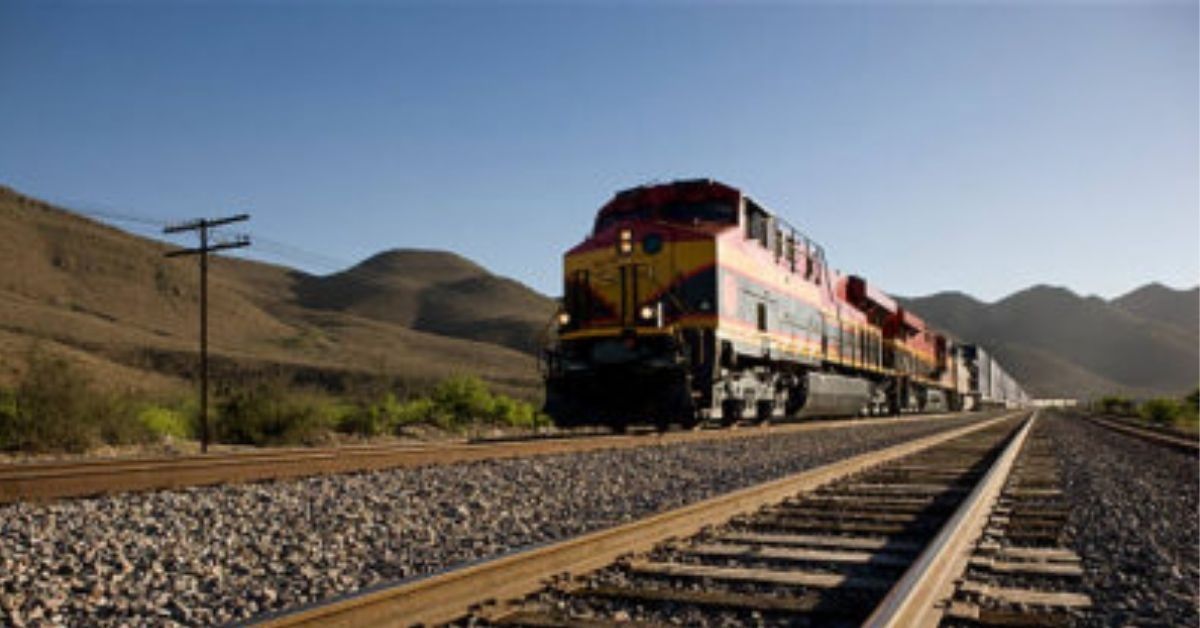Four major railroad labor unions have rejected a tentative agreement with freight railroad companies brokered by the administration of U.S. Joe Biden over the summer. Even though eight of the 12 major railroad worker unions have ratified the agreement, several have pledged solidarity with those that have not.
The Sheet Metal, Air, Rail and Transportation Workers-Transportation Division (SMART-TD), one of the largest railroad labor unions, voted down a tentative agreement on 21 November, raising the likelihood of a strike in December 2022, per CNBC. BLET, another large union, voted to ratify the labor deal but said it will honor the picket line. The rail industry estimated the impact of a strike at USD 2 billion (EUR 1.9 billion) per day.
“It’s now back to the bargaining table for our operating craft members,” SMART-TD President Jeremy Ferguson said. “This can all be settled through negotiations and without a strike. A settlement would be in the best interests of the workers, the railroads, shippers, and the American people.”
National Retail Federation President and CEO Matthew Shay called on the U.S. Congress to “intervene immediately to avoid a rail strike and a catastrophic shutdown of the freight rail system.”
“Millions of hardworking Americans rely on the freight rail system for their jobs and the economic security of our country. A nationwide rail strike during the peak holiday season will be devastating for American businesses, consumers and the U.S. economy,” Shay said. “The parties must work out the issues and ratify the contract without a disruption to the system. If not, Congress must step in to prevent a strike before the end of the cooling off period on 8 December.”
Further hampering the U.S. freight transportation network, shipments of grain, seafood, and other commodities along the Mississippi River are backing up due to low water levels. Scant rainfall has “severely hampered” fall 2022 barge shipments, according to the Bureau of Transportation Statistics.
U.S. Coast Guard District 8, covering the major U.S. port of New Orleans, Louisiana, reported a back-up of more than 2,000 barges on the Lower Mississippi in early October, BTS said.
“Rail shipment is the normal alternative to barges, but our rail system can have difficulty absorbing such a massive short-term shift,” the federal agency said in a statement. “Moreover, concerns over a possible rail strike in 2022 have made shippers hesitant to rely on a rail option.”








